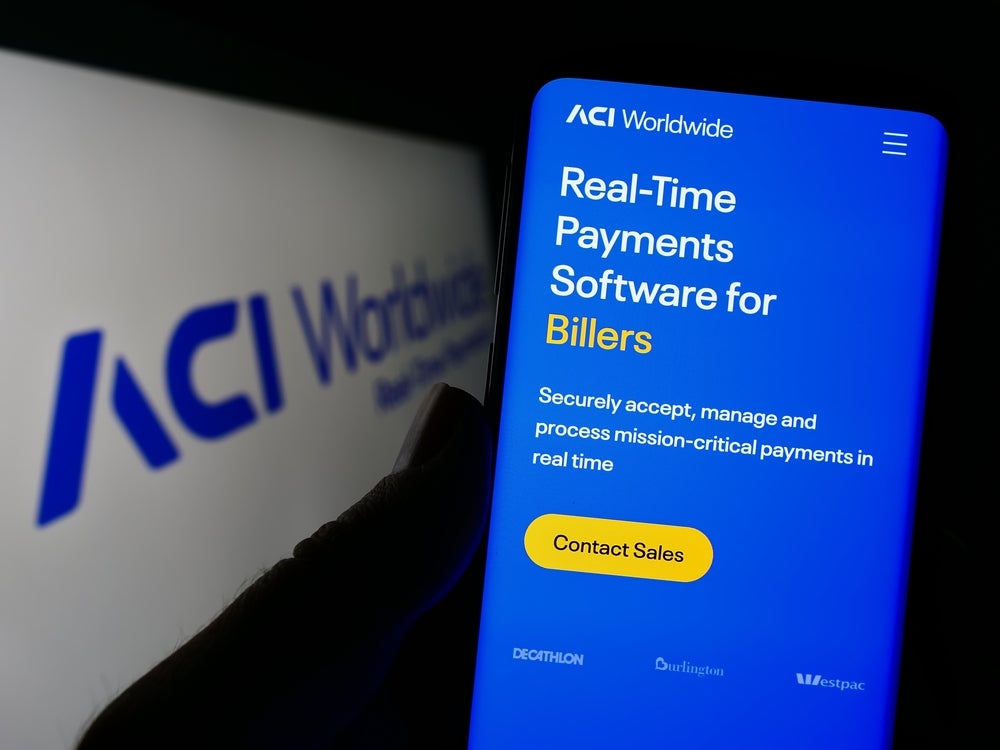issuers are bracing themselves for an acceleration in credit card
defaults and delinquencies in the months to come, and a combination
of factors is also exerting pressure on gross yields. But some
issuers are taking a series of pre-emptive pricing steps, as
Charles
Davis reports.
As the US economy continues to
deteriorate, the stress on cardholders is growing, with consumers
falling further behind on their credit card bills, setting the
stage for record default rates in the months ahead, according to
global credit ratings agency Fitch.
January marked the second consecutive month
that US credit card delinquencies recorded all-time highs,
according to the latest Fitch Credit Card Index results. At January
month-end, the 60-plus day delinquency rate was 4.04 percent. The
index has surged more than 23 percent in the last three months and
the latest figures are 30 percent above historical averages. The
index measures the percentage of credit card receivables that were
reported more than 60 days past due through January.
“Record credit card delinquencies are just the
latest sign that US consumers are under considerable levels of
stress,” said Michael Dean, managing director of US consumer
asset-backed securities (ABS) for Fitch Ratings. Record delinquency
rates are a harbinger of record default rates, according to the
report.
“The latest numbers point to even higher
default rates and worsening consumer credit quality measures in the
coming months,” Dean said.
Near-term rise in
charge-offs
How well do you really know your competitors?
Access the most comprehensive Company Profiles on the market, powered by GlobalData. Save hours of research. Gain competitive edge.

Thank you!
Your download email will arrive shortly
Not ready to buy yet? Download a free sample
We are confident about the unique quality of our Company Profiles. However, we want you to make the most beneficial decision for your business, so we offer a free sample that you can download by submitting the below form
By GlobalDataCredit card issuers typically charge
off receivables after 180 days of delinquency or within 60 days of
a bankruptcy filing. This month’s rise in delinquencies indicates
that gross charge-offs, at 7.40 percent as of the end of January,
are likely to rise significantly in the near term.
“As the unemployment rate accelerates and
consumers’ ability to service their debt weakens, Fitch anticipates
that gross charge-offs will surpass 8.5 percent by mid-year and
approach 9 percent by year-end,” said Cynthia Ullrich, Fitch’s US
consumer ABS senior director.
Despite the trends, Fitch anticipates
downgrades will be limited in credit card ABS, particularly at the
‘AAA’ level, given available credit enhancement levels and
proactive efforts by issuers to stem the deterioration and preserve
existing ratings.
Among other credit card ABS performance
measures, the three-month average excess spread increased to 5.8
percent from 5.43 percent. Fitch expects an additional 100 to 200
basis points of compression in excess spread in the coming months
as charge-offs mount.
Fitch said that the rising level of delinquent
debt combined with seasonal effects is exerting incremental
downward pressure on gross yield. Fitch’s gross yield index,
currently at 16 percent, has trended into near-record low territory
over the last year due to reductions in the prime lending rate, the
index to which most credit card receivables are linked. The only
lower reading of gross yield was 15.86 percent in February
2004.
At 17.15 percent, monthly payment rates
continue to slow from the 20 percent levels experienced in 2006 and
2007 when delinquencies were lower, consumer spending was robust,
and refinancing opportunities were plentiful.
Consumers rein in
spending
Making matters worse, US consumers
have been holding back on their spending as the recession grabs
hold. With the unemployment rate at 8.1 percent, a 25-year high,
Americans are hoarding cash for fear of losing their jobs. And with
the Dow Jones Industrial average and the S&P 500 stock indexes
bouncing off 12-year lows and home prices sinking across the
nation, consumers have watched their wealth deteriorate.
Fitch expects credit card ABS performance to
worsen further given recent delinquency and bankruptcy trends and
the rise in unemployment levels. Nevertheless, negative rating
actions are expected to be limited in the near term. Charge-offs
and delinquencies are likely to rise for at least another year,
Fitch said.
“US consumers continue to struggle in the face
of mounting pressures on multiple fronts from employment to housing
to net worth,” Dean said. “While we expect these issues to further
impact credit card ABS performance going forward, available credit
enhancement and structural features help reduce the risk of
widespread downgrades.”
Anticipating that the worst is yet to come, US
issuers are raising credit card fees, rolling out new fees and
reining in card issuance to offset record delinquencies and rising
charge-offs.
Wells Fargo recently increased late fees and
cash advance fees, JPMorgan Chase instituted a $120 yearly fee on
some cards with low interest rates, and American Express raised its
late fee for some business cards.
Many US issuers have raised interest rates for
borrowers even as the Federal Reserve has cut interest rates. The
issuers are trying to get out in front of a federal regulation that
takes effect next year, curtailing their ability to raise rates on
existing credit card debt.
The new rules will largely prohibit price
increases on existing balances unless the borrower has missed a
payment to the issuer. The rules also will require lenders to apply
payments to balances carrying the highest interest rates first.
Proposed legislation would accelerate the implementation.
But raising prices on credit cards at such a
moment in history is fraught with risk on multiple fronts. Those
who increase fees first could push customers to other issuers – and
risk toppling marginal borrowers into default, something that
politicians and the regulators who developed the federal rules will
surely notice. And some of the issuers raising rates and fees are
the recipients of taxpayer-funded bail-outs, doubling the potential
for a populist uprising.
With the US Congress already moving on several
fronts to provide even tighter regulation of credit card pricing,
issuers find themselves in quite a pinch. In a January letter to
Senator Robert Menendez, a Democrat from New Jersey, who had urged
issuers to adopt the new federal rules quickly, Ryan Schneider, the
president of Capital One’s card business, wrote that, in view of
the deterioration in the economy and credit quality, “it is
imperative that credit card issuers maintain a reasonable degree of
flexibility to reprice accounts to reflect the risk
environment.”
It is only responsible for issuers to consider
“changes to accounts whose terms do not appropriately reflect these
increased risks or are simply misaligned with the new regulatory
structure,” he added.
It may be responsible, but it is deeply
unpopular. The Fitch delinquency data might help convince sceptical
legislators that a price increase today is better than a default
tomorrow.







